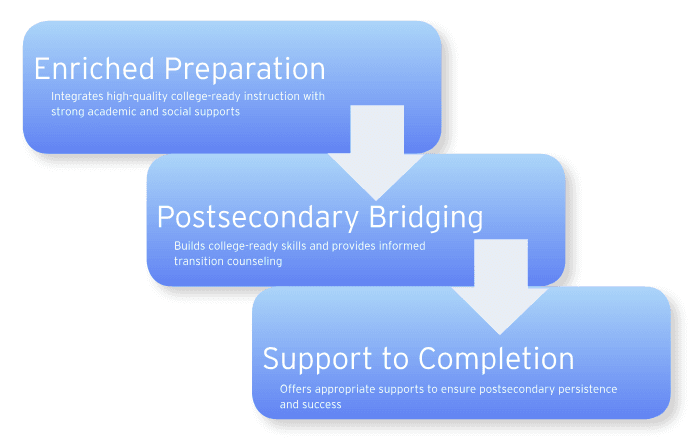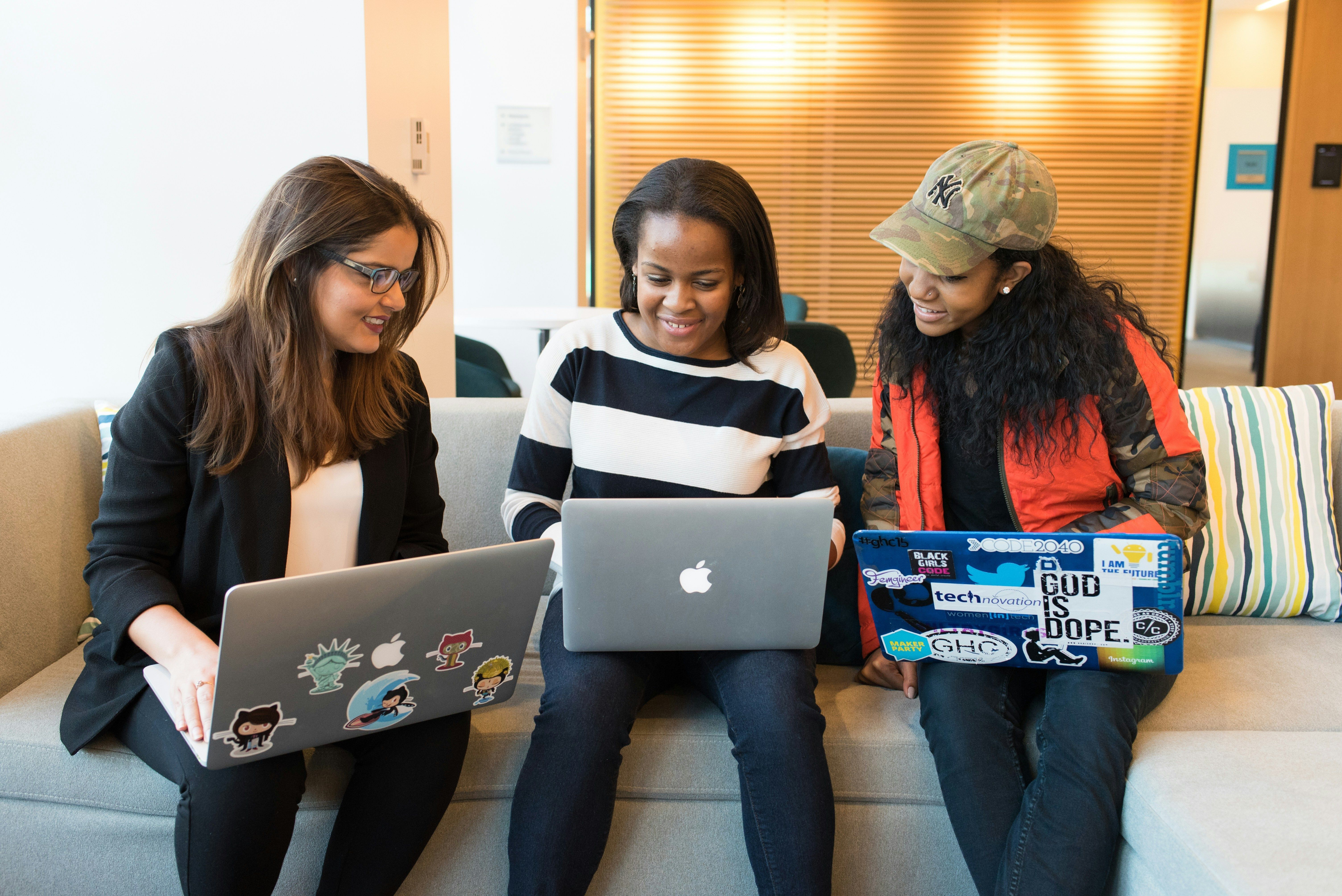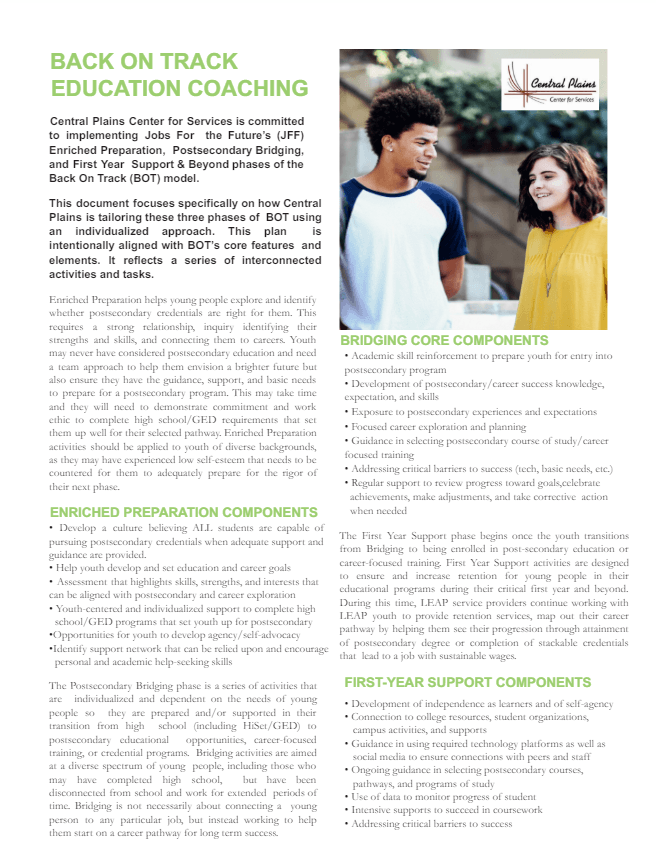Program Contact
To learn more about Back on Track and Central Plains' Educational Coaching, please get in touch with Nancy Ferguson at centralplains6176@msn.com or 308-870-4246.
Back on Track Postsecondary Coaching Model
Central Plains has been providing educational coaching as a part of our coaching model for over 20 years, evidenced by thousands of youth we’ve served who have enrolled in postsecondary programs and hundreds who’ve earned a degree or credential.
While education has changed over the years in many ways, one thing remains consistent: our investment in the educational opportunities we provide for the young people we coach. This begins and ends with the relationship we have with the youth.
Our work has taught us that postsecondary education is not for every young person, but with the many opportunities and educational pathways now available, there are an increasing number of options youth can consider that could be a good fit for them. We now know postsecondary education includes more than two- and four-year colleges, such as short-term certificate programs, work experience programs, internships, apprenticeships, individual courses, and a variety of other skill development programs beyond high school.
Central Plains Center for Services is committed to implementing Jobs For the Future’s (JFF) three phases of the Back On Track (BOT) Postsecondary Education Coaching Model:
- Enriched Preparation
- Postsecondary Bridging
- First Year Support & Beyond
Central Plains tailors these three phases of BOT using an individualized approach. Our approach is intentionally aligned with BOT’s core features and elements. It reflects a series of interconnected activities and tasks related to referrals, assessments/placements, program admissions process, and critical relationships and support from a Central Plains Coach and/or Scholarship Coordinator.
Enriched Preparation
Enriched Preparation helps young people explore and identify whether postsecondary credentials are right for them.
Enriched Preparation Core Components
- Develop a culture believing ALL students are capable of pursuing postsecondary credentials when adequate support and guidance are provided.
- Help youth develop and set education and career goals
- Assessment that highlights skills, strengths, and interests that can be aligned with postsecondary and career exploration
- Youth-centered and individualized support to complete high school/GED programs that set youth up for postsecondary
- Opportunities for youth to develop agency/self-advocacy
- Identify a support network that can be relied upon and encourage personal and academic help-seeking skills
Postsecondary Bridging
The Postsecondary Bridging phase is a series of activities that are individualized and dependent on the needs of young people, so they are prepared and/or supported in their transition from high school (including GED) to postsecondary educational opportunities, career-focused training, or credential programs.
Bridging Core Components:
- Academic skill reinforcement to prepare youth for entry into a postsecondary program
- Development of postsecondary/career success knowledge, expectations, and skills
- Exposure to postsecondary experiences and expectations
- Focused career exploration and planning
- Guidance in selecting postsecondary courses of study/career-focused training
- Addressing critical barriers to success (tech, basic needs, etc.)
- Regular support to review progress toward goals, celebrate achievements, make adjustments, and take corrective action when needed
First-Year Support & Beyond
First Year Support activities are designed to ensure and increase retention for young people in their educational programs during their critical first year and beyond.
First-Year Support Components:
- Development of independence as learners and of self-agency
- Connection to college resources, student organizations, campus activities and supports
- Guidance in using required technology platforms as well as social media to ensure connections with peers and staff
- Ongoing guidance in selecting postsecondary courses, pathways, and programs of study
- Use of data to monitor the progress of the student
- Intensive supports to succeed in coursework
- Addressing critical barriers to success
The process of the three phases build upon each other as shown below.

Phases have distinct elements yet include intentional redundancy and overlap.
All three phases are part of our education-specific ETV program, and our one-on-one coaching and can be aligned with our Opportunity Passport financial literacy efforts and supplement our educational efforts with all Central Plains youth.
Each phase is completely youth-driven and guided by the coach or Education Specialist
-

"Central Plains' staff saw me as a person and not just a client through a project. They valued me and who I am. My Coach and I developed a plan of action. Not only did he show me how to live life differently, but he came through with fast and flexible resources to help me. I am now in college and hope to do for others what was done for me by helping others through their struggle. Without Central Plains, it is scary to think about where I would be." - Conner, age 22


